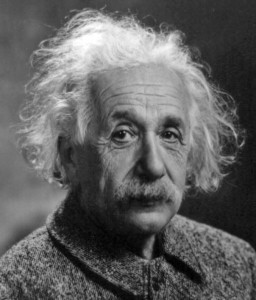The Inventor of Cruises
Albert Ballin (1857-1918) was born in Hamburg, Germany to a lower-middle class family. At 17, Ballin’s father died so the young man took over his father’s work at an emigration agency. By 22, he owned the agency, and at 29 he was the director of HAPAG, a ship liner providing service from Hamburg to New York. Ballin transformed the company into the world’s largest sea company with 175 ships. He revolutionized the business, focusing on providing customer service and a comfortable voyage. By using return voyages to deliver goods, Ballin was able to cut the price of a Transatlantic trip by nearly 40%. This work made it possible for myriads of Jews to escape Eastern Europe before, and during, the World Wars, saving countless lives. He would often sail on his own ships and ask the customers how their voyage could be improved. To make sea travel even better, Ballin constructed a massive neighbourhood on an island near Hamburg’s port (later called BallinCity) where voyagers could relax, shop, pray, and receive health inspections and travel documents. Ballin pioneered the production of ever larger and more luxurious ships. Perhaps his greatest legacy is the invention of the cruise ship. When Transatlantic voyages were perilous in the winter, Ballin had an idea to use his idle ships in other ways, outfitting them for “pleasure cruises”, where the voyage was not only a means to get somewhere, but the destination itself. Many scoffed at the idea (some said Ballin totally lost his mind), but the first such voyage, a 57-day Mediterranean adventure in 1891, was a huge success and sparked the cruise ship industry. Ballin became the German Emperor’s ship operator, and was nicknamed the “Kaiser’s Jew”, though his religion cost him many great opportunities. The Kaiser once admitted that Ballin would have been made Chancellor if he weren’t a Jew. A gentle and kind man, Ballin also donated anonymously to a great many causes, and strove to make peace between the European powers. Unable to prevent World War I, he was labelled as a “pacifist traitor” of Germany, and at 61, overdosed on sleeping pills. His home in Hamburg is now the UNESCO Institute for Lifelong Learning.
Words of the Week
Why is the Torah called “fire”? Just as fire receives no impurities, so too the words of Torah.
– Talmud, Berachot 22a





